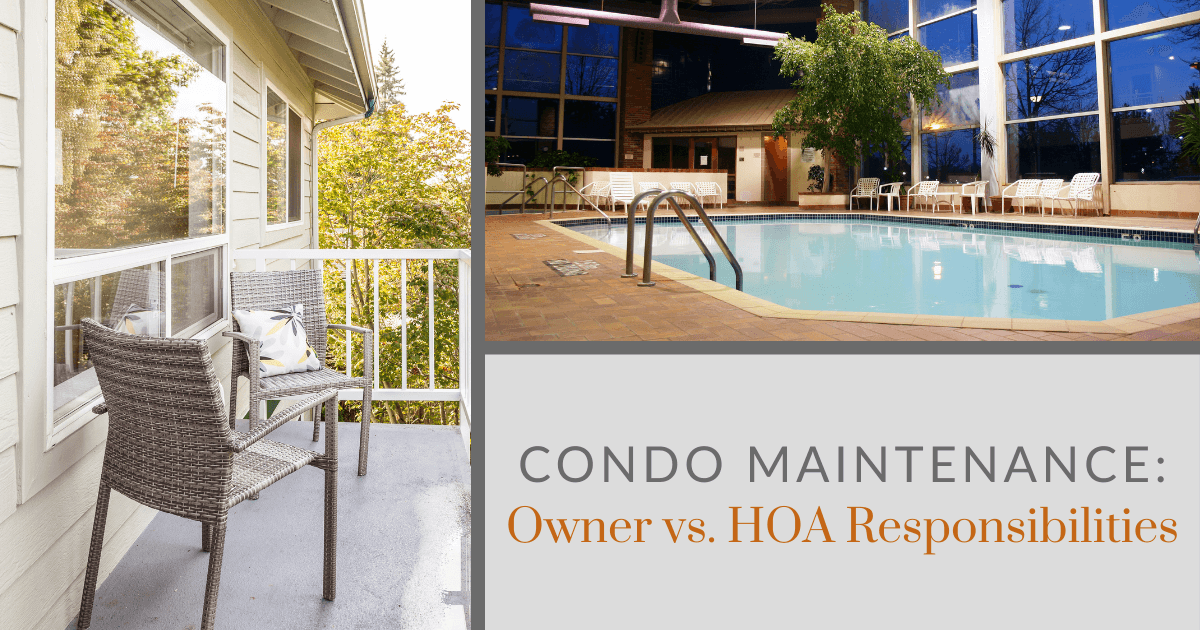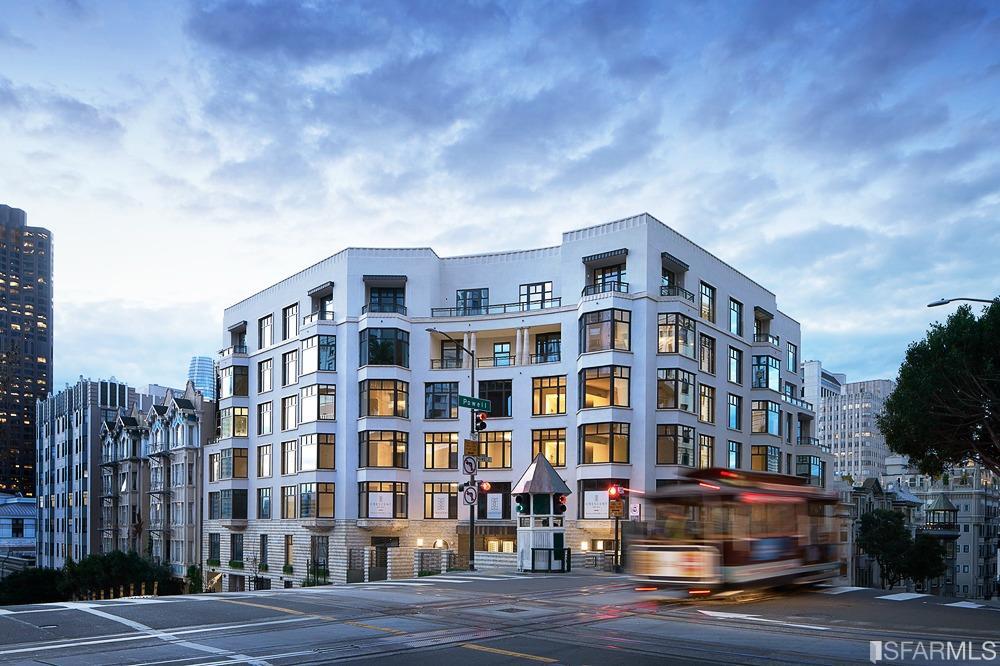Discovering the Obligations of HOA Condo Homeowners
Wiki Article
The Duty of an HOA in Establishing and Enforcing Area Guidelines for Homeowners
The role of a Homeowners Association (HOA) in developing and applying neighborhood guidelines is fundamental to maintaining a organized and cohesive domestic environment. By creating clear regulations that regulate elements such as home upkeep and community conduct, the HOA not just sets standards for residents yet likewise fosters a feeling of belonging and responsibility.Comprehending Homeowners Organizations
Homeowners organizations (HOAs) act as governing bodies for property neighborhoods, playing an important role in keeping home values and cultivating a sense of neighborhood. Generally created by designers, HOAs are composed of home owners within an assigned location who choose a board to supervise the organization's activities. The key functions of an HOA consist of imposing area guidelines, taking care of typical locations, and organizing area events.HOAs run under a collection of regulating records, including commitments, conditions, and limitations (CC&R s), which lay out the rights and responsibilities of property owners. These regulations intend to guarantee that residential or commercial properties are kept to a particular standard, thus shielding the visual appeal and general value of the area. In addition, HOAs frequently gather fees from home owners to money upkeep, landscaping, and other social work.
The existence of an HOA can substantially affect the living experience within an area (hoa condo). While some homeowners value the structured environment and amenities offered, others may find specific policies restrictive. Balancing the interests of all property owners is vital for an HOA to work successfully, making certain that it offers its designated function of improving neighborhood living while respecting individual property owner rights
Developing Community Guidelines

To begin, an HOA needs to conduct surveys or hold meetings that allow locals to voice their tips and problems. This participatory procedure promotes a sense of ownership and enhances compliance. Next, the HOA board must analyze the responses to recognize usual styles and concerns that require formal inclusion in the standards.
It is additionally necessary to make certain that the standards are clear, concise, and easily recognized. Obscurities can cause conflicts and misconceptions, weakening the function of the standards. In addition, the standards should be extensive, covering numerous aspects of neighborhood living, consisting of residential property upkeep, sound levels, and use of common areas.
Enforcement of Policies
Effective enforcement of area guidelines is crucial for preserving order and ensuring that all homeowners follow the developed guidelines. An HOA needs to implement an organized approach to implement these regulations, which commonly involves a combination of surveillance, communication, and fines for non-compliance.First, regular assessments and area patrols can help determine violations, guaranteeing that regulations are regularly used throughout the neighborhood. This positive surveillance allows the HOA to deal with concerns prior to they escalate, promoting a feeling of liability among locals.
2nd, clear interaction is essential. Locals must be educated of the rules and the procedures for reporting infractions. An open line of communication urges residents to voice issues and look for explanation on standards, which can boost conformity.

Finally, when violations take place, the HOA should implement effects as outlined in the governing papers. By successfully implementing policies, an HOA can grow a harmonious living setting that shows the cumulative worths of its locals.
Advantages of HOA Rules
Various benefits develop from the implementation of HOA regulations, which serve to improve the quality of life within a neighborhood. One primary benefit is the maintenance of residential or commercial property worths. By enforcing standards for aesthetics and maintenance, HOAs make sure that homes and common areas continue to be attractive, promoting a preferable living atmosphere that can lead to enhanced residential property worths gradually.In addition, HOA laws promote consistency and harmony within the area. This comprehensibility in layout and upkeep helps to produce a sense of belonging among citizens, adding to community pride and a favorable environment. Moreover, developed guidelines assist in conflict resolution among next-door neighbors by offering clear assumptions and protocols for actions, consequently decreasing disputes.
Another significant benefit is the stipulation of shared features and services. Numerous HOAs handle community centers such as swimming pools, clubs, and parks, which improve recreational straight from the source possibilities for locals. These services not only boost the lifestyle but likewise encourage social communication.
Eventually, the laws set forth by an HOA cultivate an efficient, harmonious community, guaranteeing that locals delight in a high criterion of living while fostering a helpful setting for all home owners.
Common Difficulties Dealt With by HOAs
Amidst the advantages that house owners associations (HOAs) can offer, they also run into a range of obstacles that can prevent their effectiveness. One substantial problem is the absence of resident involvement. Lots of house owners might not take part in conferences or community activities, leading to a separate between the HOA board and locals. This disengagement can lead to misunderstandings concerning community guidelines and an absence of assistance for enforcement initiatives.Another challenge is the enforcement of regulations and policies. Conflicts can develop when residents really feel that enforcement is inconsistent or prejudiced, possibly bring about conflicts within the community. Furthermore, HOAs typically encounter economic restraints, which can restrict their capacity to preserve common areas or fund community projects. This can develop dissatisfaction amongst residents who expect high criteria of upkeep.
Moreover, navigating legal complexities can be discouraging for HOAs. They have to see here make certain compliance with state laws while managing their very own governing documents, which can be a source of visit their website confusion. Last but not least, transforming demographics and progressing community needs call for HOAs to adjust their guidelines, typically meeting resistance from long-standing homeowners that are accustomed to conventional norms. Resolving these difficulties is essential for cultivating a harmonious and thriving area.
Verdict

By developing clear regulations that govern elements such as residential property maintenance and community conduct, the HOA not only establishes criteria for residents but likewise promotes a feeling of belonging and liability.Homeowners associations (HOAs) serve as governing bodies for domestic neighborhoods, playing a crucial role in maintaining home worths and cultivating a feeling of area. Several homeowners may not participate in meetings or community activities, leading to a disconnect between the HOA board and residents. Changing demographics and evolving neighborhood needs need HOAs to adapt their guidelines, typically satisfying resistance from enduring locals who are accustomed to traditional standards. Via the growth of clear guidelines and constant enforcement, HOAs promote residential or commercial property maintenance, community satisfaction, and depend on among locals.
Report this wiki page